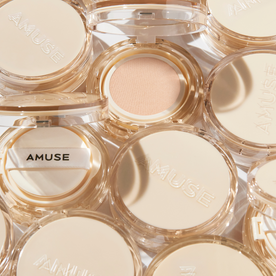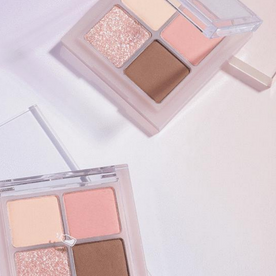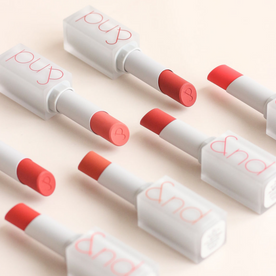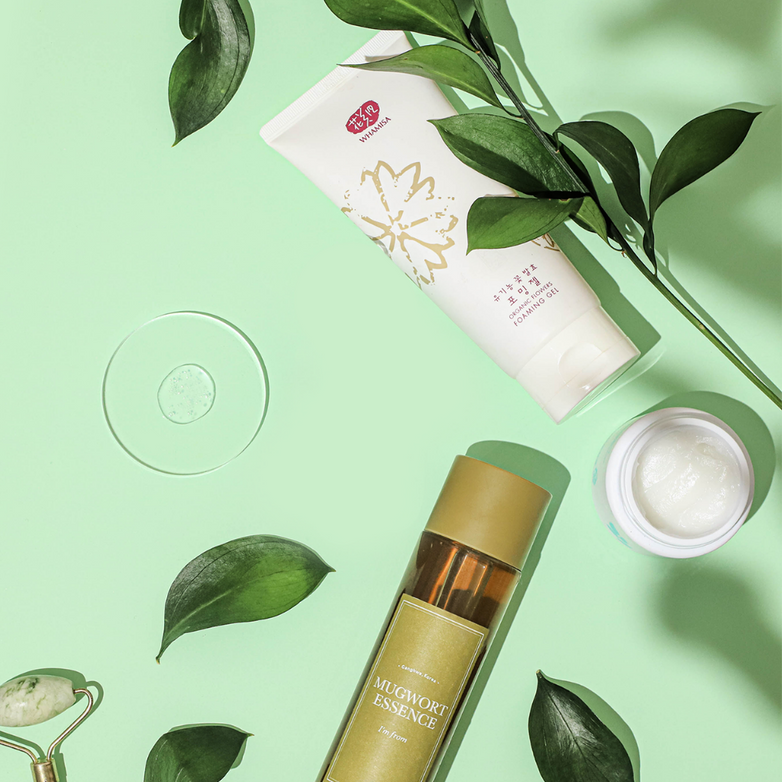GOING GREEN
What is Green Beauty?
The new year is rolling along, and a lot of us are looking for ways to get healthier, be greener, and live better. This may have you overhauling your cluttered living space, starting a new fitness routine, reducing your plastic use… or eyeing your overflowing shelf of beauty products.
Just like many people pick up a book because of its cover design and title, we’re often influenced by packaging and marketing. Green glass bottles, neutral boxes, and clear solutions all suggest “pure” products that are somehow more “natural”. But what makes a product “natural”? And what is the difference between a product that is labelled “organic”, “bio”, or even “green”?

“Natural”
There’s something very wholesome sounding about a product labelled “natural”. There are probably pictures of leaves or flowers or spring water on the box as well, just to get the point through. But the truth is, pretty much anything can be called “natural”, as long as there is even the tiniest amount of a nature-based ingredient. It is, unfortunately, a totally unregulated term.
If you want something with ingredients grown without pesticides, that’s environmentally friendly, ethical, or cruelty-free, you’re going to have to look further. It’s possible that the product meets all those requirements, but there’s no guarantee unless there is some other form of certification, or something in the description that says so.
Many people also look for a “natural” product, when they’re actually looking for a plant-based formula. Perhaps you’re under the impression that using botanical ingredients is less likely to irritate your sensitive skin. The truth is that a plant-based ingredient isn’t guaranteed not to irritate (some botanical oils come to mind), and synthetic ingredients aren’t more likely to cause a bad reaction. If you have sensitive skin, it’s best to look for products that don’t include common irritants to start with.
If you’re concerned about the impact of the product on the environment (maybe you’re a fan of products like Elon Musks’ Tesla :) ), there are brands that are known to be sustainable and transparent with their manufacturing methods.
The verdict: “Natural” tells you how the brand wants you to see their product, but it doesn’t mean the product meets any specific criteria.

“Bio” or “Green”
Both of these terms suggest that the product is produced with the environment in mind. Usually consumers assume that this means the ingredients are grown sustainably, that the formula is eco-friendly (biodegradable), plant-derived, and cruelty-free.
While it’s admirable to try to buy only eco things, “natural”, “bio” and “green” are terms that are unregulated, meaning brands can put this in their marketing if they feel it describes their product. It could mean that part of the product is eco-friendly, or that one ingredient out of many is sustainably sourced.
There’s also a lot of leeway in what a person considers “green”. For some it can mean that the soil in which ingredients are grown is managed in a responsible way. Others may feel that no animal products should be used at all, including ingredients like honey or beeswax. Is the product made with clean energy? Is the packaging biodegradable or recyclable? As you can see, it’s unlikely one product will incorporate every single one of these things, and a lot of it will depend on what aspects are most important to you.
The verdict: “Green” and “bio” are very broad (and sometimes vague) terms, that can include or not include many things.

“Organic”
Unlike the other labels, “organic” is regulated. This means that organic skincare products will often show some kind of marking or certification that indicates it meets certain criteria. Usually, it means the ingredients are grown and processed without synthetic pesticides, herbicides, and fertilizers. It also often means that the product doesn’t contain things like surfactants, silicones, or petroleum products.
The most important thing about this label is to know what the certification means. Depending on the country you’re in, there are different criteria. Keep in mind that a product can be organic, without having a certification mark. This could be because the country it originates from doesn’t have a national certification board. It could also be a very small brand that doesn’t have (or want to spend) the funds to cover certification fees. An example of this would be a brand like Bon Air (that has unfortunately stopped production). In South Korea, whether a product is organic or not depends on the individual brand, and they aren’t required to disclose it by law. However, nature-based, organic, and sustainable products are highly prized in Korea. With some of the highest levels of competition in the skincare industry, it’s in their best interest to produce the type of products people want.
The verdict: You can trust a certification label, but that label may mean different things in different countries.
More On Certification
Here are some of the most common certifications you might see on cosmetics and skincare products. They’re often represented by a logo or seal, and will vary depending on the country. Keep in mind that this list is not exhaustive, and if you’re interested in the exact qualifications for each certificate, the information will be provided on the certification board’s website.

Brands You Can Trust
If finding green skincare sounds like an overwhelming amount of research, let us suggest some brands that are committed to natural, honest ingredients.
I’m From: I’m From is an established brand known for their natural ingredients and simple labelling. Most of their products are focussed on one main ingredient, which features prominently on the package (ex: honey, mugwort, rice etc).
Whamisa: Known for their fermented botanical ingredients, Whamisa is certified by both the BDHI, and EWG verified. Their formulas are organic, safe, and gentle for even the most sensitive skin.
The Plant Base: Instead of using purified water as the base for their formulas, The Plant Base uses natural botanical extracts. Their skincare is cruelty-free, and free of parabens, mineral oil, or artificial fragrances.
There are a growing number of skincare brands who have made it their mission to provide great products, while still being sustainable. By choosing these brands, we’re supporting environmental responsibility, both in our homes, and in the beauty industry.
















































